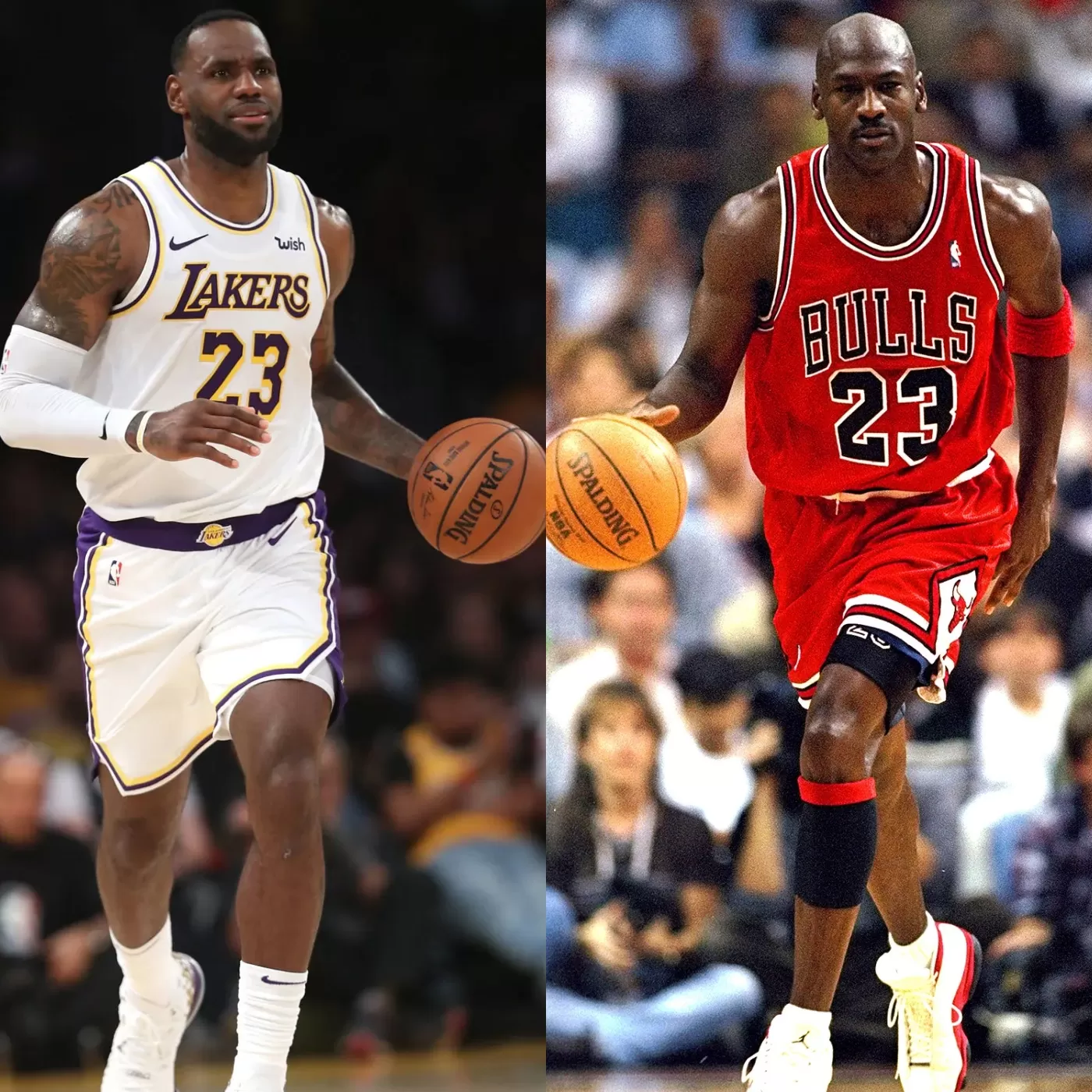 The debate over who holds the title of the greatest NBA player—Michael Jordan or LeBron James—has raged on for years, igniting passionate discussions among fans, analysts, and players alike. Each has left an indelible mark on basketball, but their achievements, playing styles, and influence present unique cases for their respective legacies. This article delves into the key arguments and milestones that fuel this enduring rivalry.
The debate over who holds the title of the greatest NBA player—Michael Jordan or LeBron James—has raged on for years, igniting passionate discussions among fans, analysts, and players alike. Each has left an indelible mark on basketball, but their achievements, playing styles, and influence present unique cases for their respective legacies. This article delves into the key arguments and milestones that fuel this enduring rivalry.
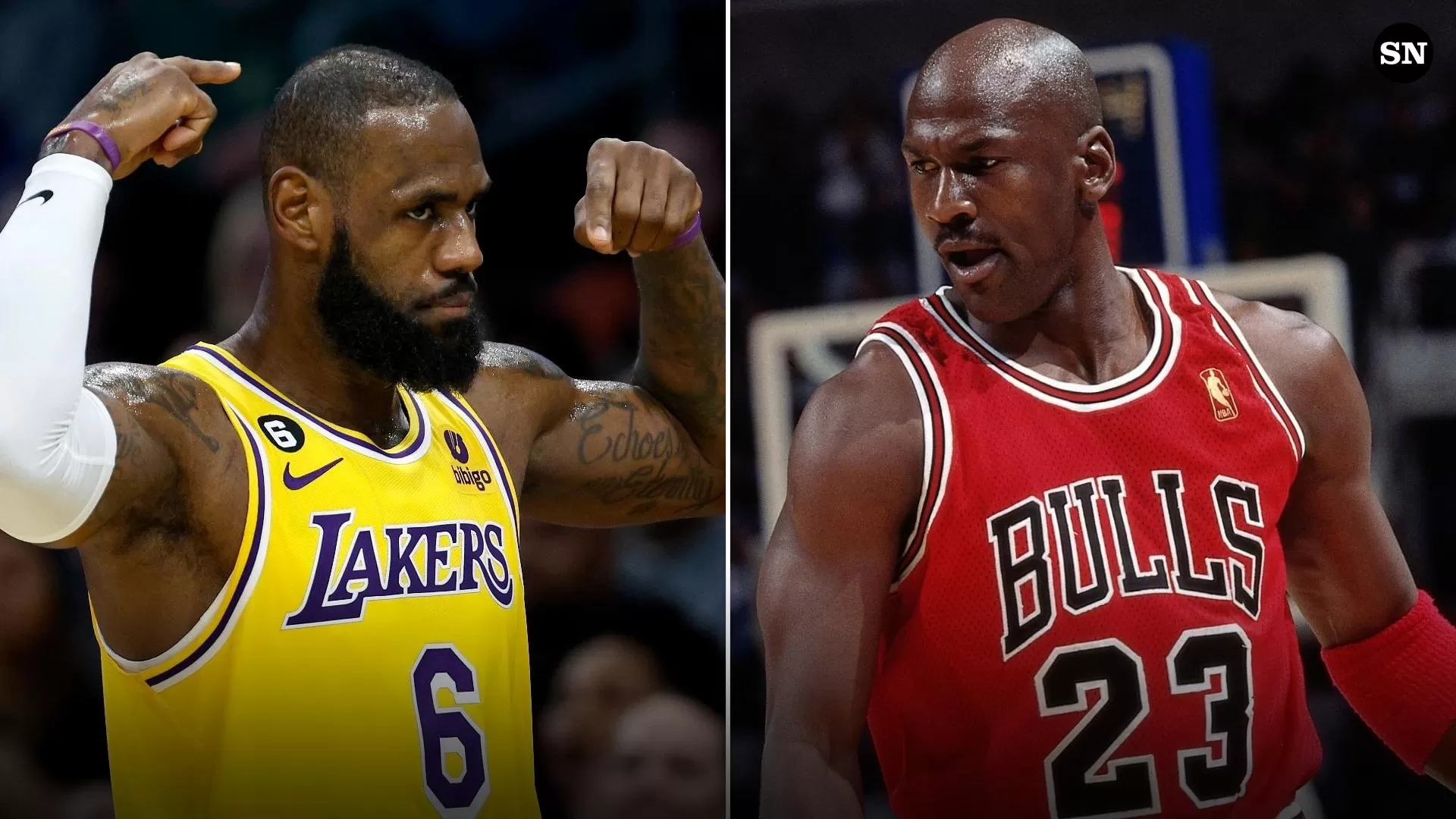
Jordan’s Legacy: The Competitive Icon
Michael Jordan’s name is synonymous with dominance in the NBA. His six championships with the Chicago Bulls, alongside five MVP awards, solidified his status as an icon in the sport. Beyond the stats, Jordan’s fierce competitive nature, highlighted in the documentary The Last Dance, illustrates why many consider him the gold standard for greatness. His ability to rise to the occasion in critical moments, including his famous game-winning shot in the 1998 NBA Finals, sets him apart as a clutch performer.
Jordan’s influence extends beyond the court. As a global ambassador for the sport, he brought basketball into mainstream pop culture, leading to landmark deals like his partnership with Nike. The Air Jordan brand remains a testament to his impact, elevating the NBA’s visibility worldwide. Many fans argue that Jordan’s undefeated Finals record (6-0) represents a defining factor in the GOAT conversation, emphasizing his ability to perform when the stakes are highest.
LeBron’s Case: A Versatile Powerhouse
LeBron James, on the other hand, is often celebrated for his versatility and longevity. Entering the NBA directly from high school in 2003, LeBron quickly became a force to be reckoned with. His combination of size, speed, and basketball IQ makes him a rare talent who can dominate every facet of the game—scoring, playmaking, and defense. Throughout his career, LeBron has led three different teams to NBA championships, a feat that speaks to his adaptability and leadership.
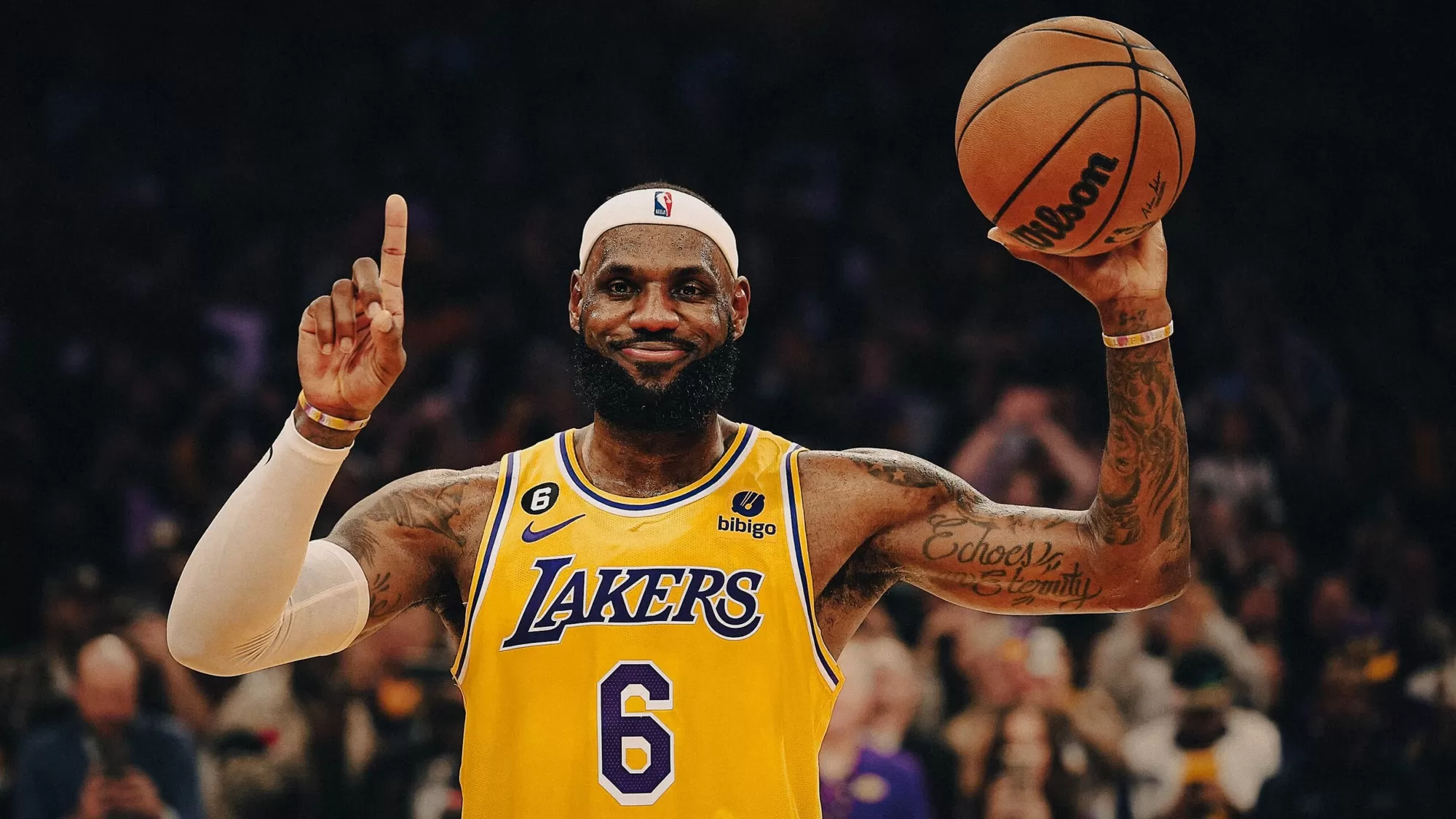
LeBron’s accolades include four MVP awards and an impressive string of eight consecutive NBA Finals appearances from 2011 to 2018. Although he has faced criticism for his 4-6 Finals record, many argue that his ability to maintain peak performance over 20 seasons in the league is unparalleled. He broke the NBA’s all-time scoring record in 2023, surpassing Kareem Abdul-Jabbar, which added a significant milestone to his already decorated career.
Comparing Their Playing Styles
Jordan and LeBron have distinctly different playing styles, which shape the debate about their greatness. Jordan’s game was defined by his unmatched mid-range shot, exceptional footwork, and the ability to score at will. Known for his defensive prowess, he won the NBA Defensive Player of the Year in 1988, showcasing his impact on both ends of the floor.
LeBron, by contrast, is often seen as a playmaking forward who combines the skill set of a point guard with the physicality of a power forward. His ability to elevate his teammates and create scoring opportunities distinguishes him from Jordan. LeBron’s role as a facilitator allows him to influence the game beyond just scoring, leading to comparisons with Magic Johnson and other all-time greats who mastered the art of distributing the ball.
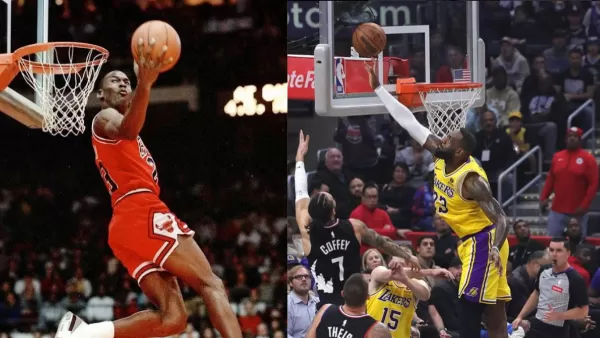
Impact on Their Eras
The context of the eras in which both played is also central to the discussion. Jordan dominated in the 1990s, a time when physicality and one-on-one matchups were key elements of the game. Critics of Jordan’s era argue that the competition level was different, with fewer superteams and a slower pace of play. However, supporters claim that Jordan’s ability to excel in such a physically demanding time adds to his greatness.
LeBron’s career, on the other hand, has unfolded during an era of high-scoring games and increased emphasis on three-point shooting. The modern NBA is marked by player mobility, superteams, and a faster tempo. LeBron’s adaptability and success across different teams demonstrate his capacity to thrive in this dynamic landscape. His influence is also evident off the court, where he has used his platform to address social issues and empower other players.
Clutch Moments and Pressure
One of the most contentious aspects of the debate revolves around how each player performed under pressure. Jordan’s highlight reel is filled with game-winning shots, clutch plays, and memorable moments that defined the Bulls’ dynasty. His “Flu Game” and the iconic shot over Bryon Russell are just a few examples that have become part of NBA folklore.
LeBron, while not always seen as the quintessential clutch player early in his career, has had his share of unforgettable moments. His block on Andre Iguodala in the 2016 NBA Finals is widely regarded as a pivotal play in the Cleveland Cavaliers’ comeback against the Golden State Warriors. His ability to deliver in Game 7 situations and his consistent playoff performances bolster his case as a pressure player, even if he lacks Jordan’s perfect Finals record.
The Role of Championships
Championships are often used as a measuring stick for greatness in the NBA, and this is where Jordan’s supporters hold a significant edge. Jordan’s six rings are seen as a testament to his dominance and ability to deliver in the biggest moments. His two three-peats (1991-1993, 1996-1998) remain a benchmark of consistency and excellence.
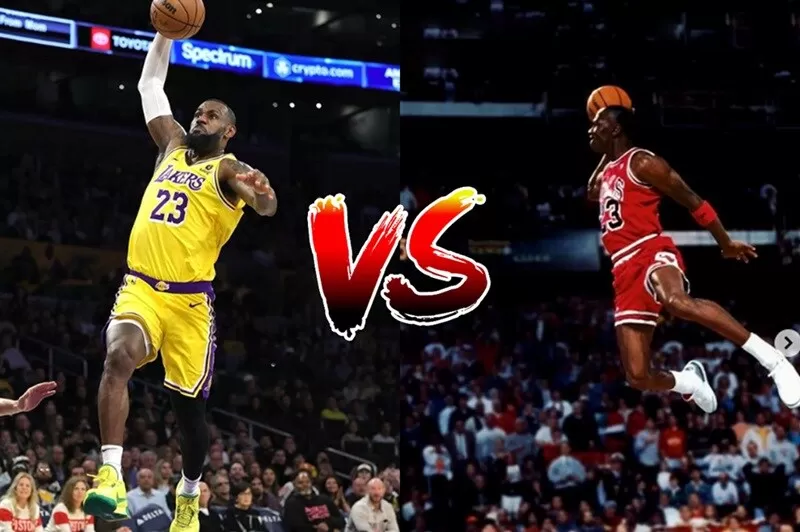
LeBron’s four championships, won with the Miami Heat, Cleveland Cavaliers, and Los Angeles Lakers, reflect his versatility and ability to adapt to different challenges. While he has faced criticism for teaming up with other stars to win titles, many argue that his ability to bring success to various franchises is a unique achievement. LeBron’s 2016 championship with Cleveland is particularly significant, as it ended a 52-year title drought for the city.
Cultural Impact and Influence
Both Jordan and LeBron have transcended the sport in ways that few athletes have. Jordan’s cultural influence in the 1990s made the NBA a global phenomenon, while LeBron’s impact in the digital age has allowed him to connect with fans worldwide. LeBron’s openness on social and political issues, including his stance on racial inequality, has made him a significant voice beyond basketball, influencing the next generation of athletes.
Jordan, meanwhile, remains an enduring symbol of excellence and competitiveness. His influence is seen in how players approach the game today, aspiring to match his relentless drive and work ethic. The Air Jordan brand continues to thrive, cementing his legacy in both sports and fashion.
Conclusion: A Debate That Will Endure
Ultimately, the question of whether Michael Jordan or LeBron James is the greatest of all time may never have a definitive answer. It often comes down to personal preference, generational bias, and what qualities fans value most in a player. Jordan represents an era of dominance, a player whose unmatched drive led to unparalleled success. LeBron embodies versatility, endurance, and an ability to shape the modern game both on and off the court.
As fans continue to debate, one thing remains certain: both players have redefined what it means to be great in the NBA, leaving legacies that will be discussed for generations to come.




